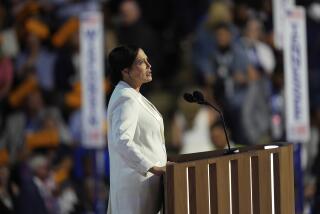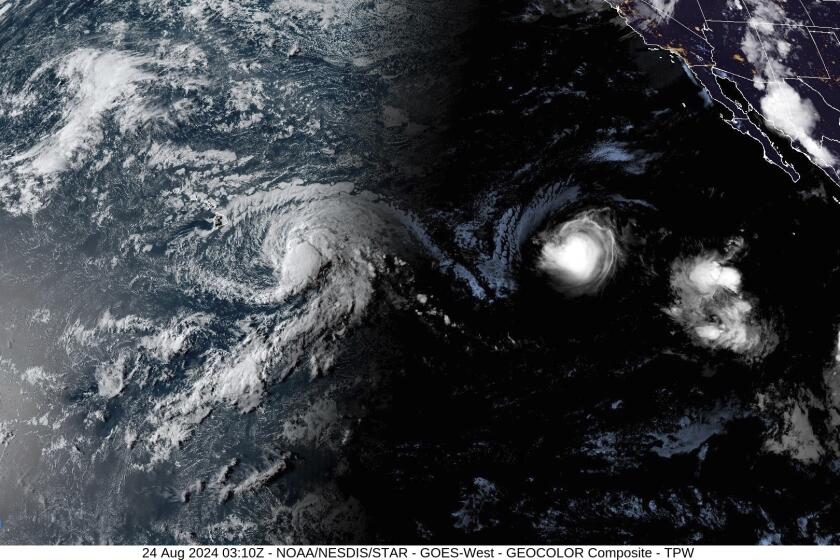Times Series on Africa
Thank you for the series of articles by Powers on Africa. The time for reappraisal of what Africa needs to do to help itself is long overdue.
However, in regard to Kwame Nkrumah being the inventor of “Pan-Africanism,” I think one must be careful not to overdo the hero-making mythology. Pan-Africanism as an ideology had its roots well set in the 19th Century although the turn of the 20th Century saw the first Pan-African Congress. Kwame Nkrumah drew on this well-established intellectual tradition when formulating some of his ruling philosophy for his Congress Peoples Party. For example, the Black Star used in Ghana’s flag emanates from the days of Marcus Garvey’s marches of the United Negro Improvement Assn. in New York during the 1920s.
Interestingly, one of the last conferences Nkrumah attended before returning to the British colony of the Gold Coast before leading it to independence as Ghana, was the Sixth Pan-Africanist Conference held in Manchester in 1946. This conference was distinguished by the presence of George Padmore, then referred to as the father of Pan-Africanism, and Jome Kenyatta. Jome Kenyatta--arguably another candidate for a pantheon of African heroes--later became the president of Kenya while George Padmore subsequently settled in Ghana and helped Nkrumah organize the first Pan-Africanist conference held on African soil. This first African Pan-African conference, held in Acra, was marked by mutual suspicion between English-speaking colonies and the French, which later undermined Nkrumah’s cherished aims of setting up a united Africa complete with its own continental army and common market.
Ironically, President Kenyatta of Kenya was to prove the nemesis of Nkrumah’s ideals. Kenyatta had his own conception of how Africa should be united.
These divergent Pan-Africanist views of Nkrumah and Kenyatta merely serve to emphasize the intellectual vitality of Pan-Africanist thought. The Pan-Africanist intellectual tradition existed long before the (inventor) Nkrumah, put it on the map politically. It is perhaps to a rejuvenated Diaspora of Pan-Africanist thought that the present African leaders should look to restore their self-confidence and belief in self-management.
DAVID SENTANCE
Los Angeles
More to Read
Sign up for Essential California
The most important California stories and recommendations in your inbox every morning.
You may occasionally receive promotional content from the Los Angeles Times.






